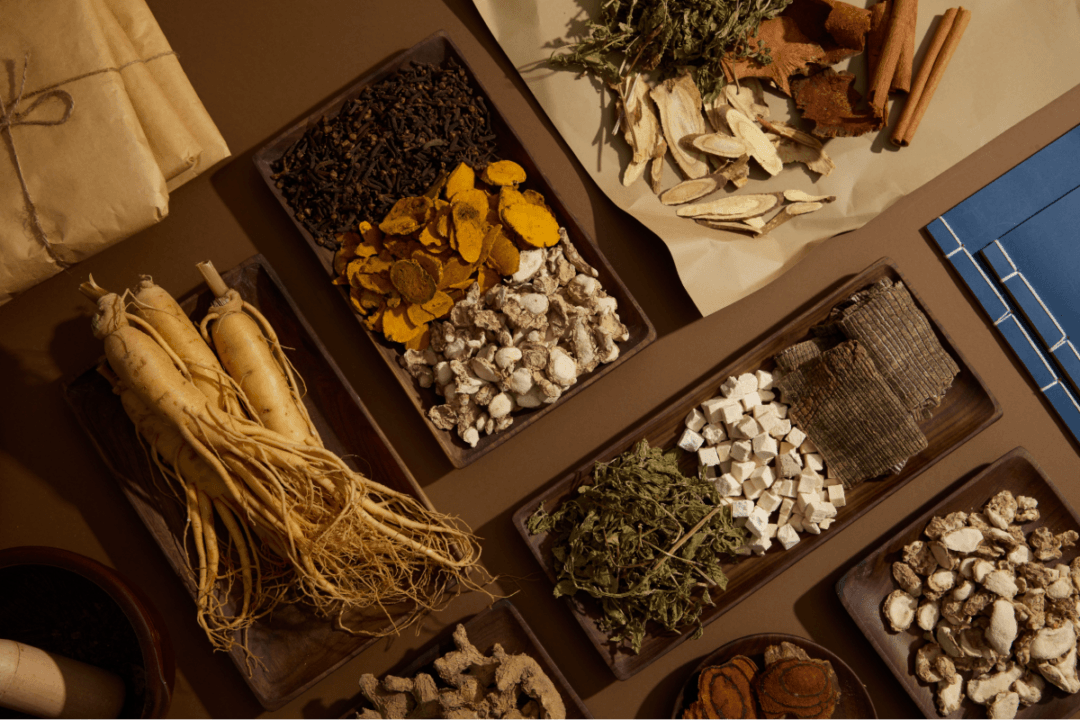In traditional Chinese medicine (TCM), the kidneys are considered a vital pair of organs. They are often referred to as the “foundation of all life,” or the root of the body’s essential energy, qi.
Kidney deficiencies can create all kinds of health problems, including osteoporosis, low back pain, hair loss, gray hair, gum recession, loose teeth, and tinnitus. We can effectively treat these issues by nourishing the kidneys.
“Huangdi Neijing,” a classic text of Chinese medical literature, states that “the kidney governs the bones and generates the marrow.” There is an intimate relationship between kidney health and the health of other parts of the body, such as the bones, teeth, and hair. The kidneys can even affect height.
The Kidney According to TCM
In TCM, the kidneys are referred to more broadly as “kidney jing.” “Jing,” also known as “jing qi,” or “essence,” is mostly stored in the kidneys. TCM describes it as the most basic substance that constitutes the human body and maintains physiological activities. It includes both the vital essence inherited from parents and the acquired essence of water and grain obtained through food, drink, and respiration.In TCM, a kidney deficiency refers to the deficiency of kidney essence. The kidneys nourish the bones and teeth, regulate hormones and the immune system, control internal fluid flow, and manage mental health.
Western medicine categorizes the kidneys as excretion organs that form part of the wider urinary system. Nephrology focuses on diagnosing and treating kidney diseases, and urology focuses on diagnosing and treating conditions of the urinary system and male reproductive organs.
According to TCM, when the kidney essence and blood are sufficient, the hair will be shiny, the bones will be strong, and the teeth will be robust. When they are insufficient, a person may have weak teeth, osteoporosis, low back pain, and a hunched back. Unhealthy kidneys can even affect the growth of teenagers.
According to TCM, too much sugar damages the kidneys and can lead to bone pain and hair loss. Therefore, people should watch their diet.
Western medical research has also revealed that kidney disease may lead to a decrease in bone density. Kidney disease patients are four times more likely to develop bone fractures than other people.
Tooth decay in children is often related to congenital kidney deficiency.
Tinnitus may also be related to kidney deficiency. According to TCM, high-pitched tinnitus is usually associated with a kidney deficiency, while low-pitched tinnitus is often related to liver problems. Understanding what type of tinnitus you have can help you find targeted treatment.
In addition to physiological factors, mental and emotional factors also contribute to kidney deficiencies. According to TCM theory, sadness and depression damage the lungs, fear and surprise damage the kidneys, anger damages the liver, and excessive joy damages the heart. Therefore, maintaining emotional stability and avoiding panic is important for maintaining kidney health.
Black Foods and Silkie Chicken Soup
In TCM, certain black-colored foods are considered to have special nourishing effects on the kidneys. These foods include black beans, black sesame seeds, black rice (also known as purple rice), and black fungus. These foods are rich in nutrients that can help strengthen kidney function and, in turn, enhance overall health.Polygonum multiflorum, a special medicinal plant, is another black-colored food that has been used for centuries as a traditional liver and kidney tonic in TCM. It is effective in darkening hair and prolonging life.
In addition to black-colored foods, Silkie chicken soup is a long-cherished kidney-tonifying food.
Recipe for Silkie Chicken Soup
Ingredients- 3 mushrooms of your choice
- Half Silkie chicken
- 6 slices ginger
- 38 to 76 grams (1.3 to 2.7 ounces) of Polygonum multiflorum
- 30 to 38 grams (1.1 to 1.3 ounces) wolfberry
- 8 to 10 red dates
- Soak mushrooms in water until they become soft then cut them into small pieces.
- Wash and cut the chicken into pieces.
- Blanch chicken, mushrooms, and ginger slices in boiling water and set aside.
- Clean the Polygonum multiflorum, put it into a pot with 34 ounces water, and bring to a boil.
- Add the chicken and remaining ingredients and simmer on low heat for about 30 minutes or until the chicken is cooked.
- Add salt to taste.






